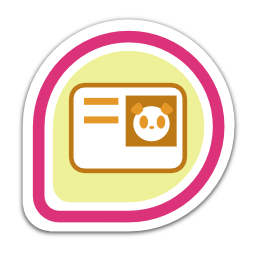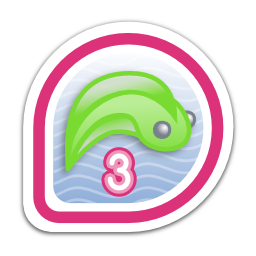Daily Archives: March 10, 2013
Running Friendlycode – A local instance of Thimble
Posted by Sayak Sarkar
Here is a breakdown of how to run Friendlycode in 3 (maybe not-so-simple) steps.
Prerequisite: A static file server such as Apache.
Steps:-
- Download Friendlycode from here.
- Extract the contents of the
friendlycode-gh-pagespackage into a directory namedfriendlycodewithin your file server’s document root. For example, in Apache you might want to put thefriendlycodedirectory insidewww/htmlorwwworpublic_htmlbased upon your Operating System’s preferences. - You can then run a trivial embedding of Friendlycode from your browser by navigating to the
examples/bare.htmlfile within thefriendlycodedirectory.
Example:
http://localhost/friendlycode/examples/bare.html
Additional features in Friendlycode:-
- Javascript: By default, Friendlycode doesn’t allow JS. An example of an embedding that allows JS and publishes using an alternate API can be run from the
examples/alternate-publisher.htmlfile.
Example:
http://localhost/friendlycode/examples/alternate-publisher.html - Localization: Friendlycode currently uses Transifex for localization. To localize Friendlycode in your language, please visit the Transifex friendlycode project. Any strings you don’t translate will fall-back to English. To try out a localized version run the
examples/transifex.htmlfile.
Example:
http://localhost/friendlycode/examples/transifex.html - Development: If you are a code ninja and want to play around with the dev-repository of Friendlycode, you can checkout the excellent Readme.md file at Atul’s friendlycode repository at Github.
Related articles:-
- Localizing Mozilla’s Thimble (michellethorne.cc)
- Using Mozilla Thimble Offline (ant2android.com)
18.533117
73.833759
Share this:
- Click to share on Facebook (Opens in new window)
- Click to share on Twitter (Opens in new window)
- Click to email a link to a friend (Opens in new window)
- Click to share on LinkedIn (Opens in new window)
- Click to print (Opens in new window)
- Click to share on Reddit (Opens in new window)
- Click to share on Tumblr (Opens in new window)
- Click to share on Pinterest (Opens in new window)













































